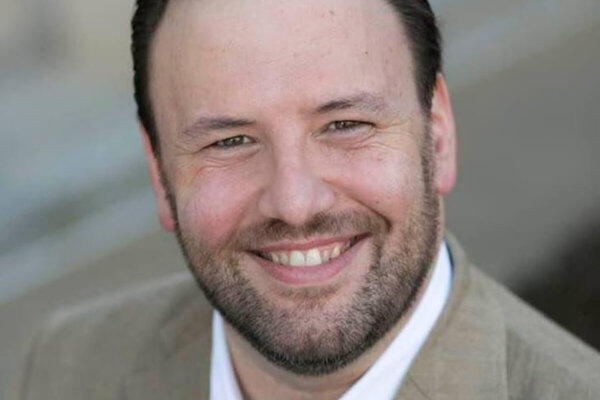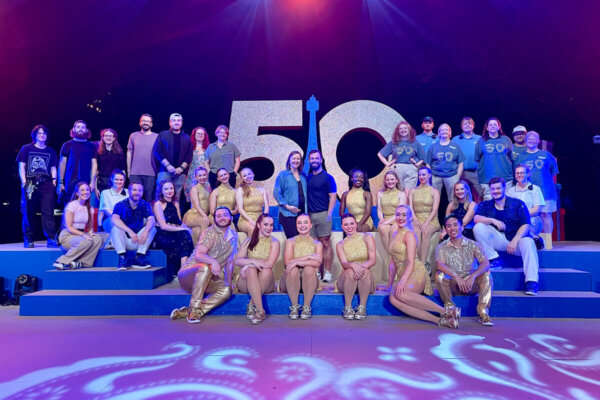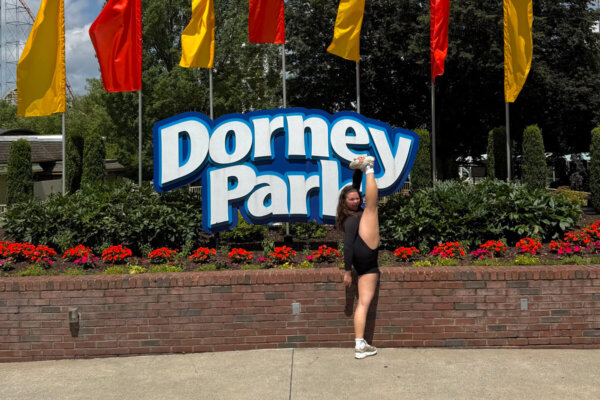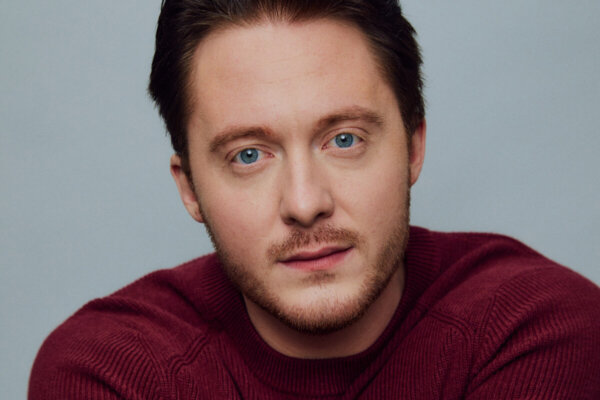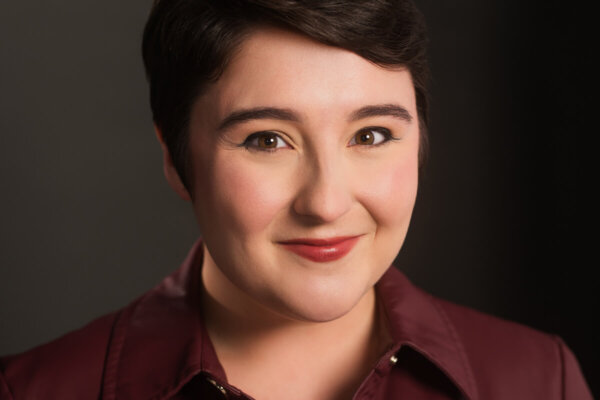Shenandoah Conducts Pooled Saliva Testing for Novel Coronavirus
New Test Allows University to Expand its Surveillance Testing
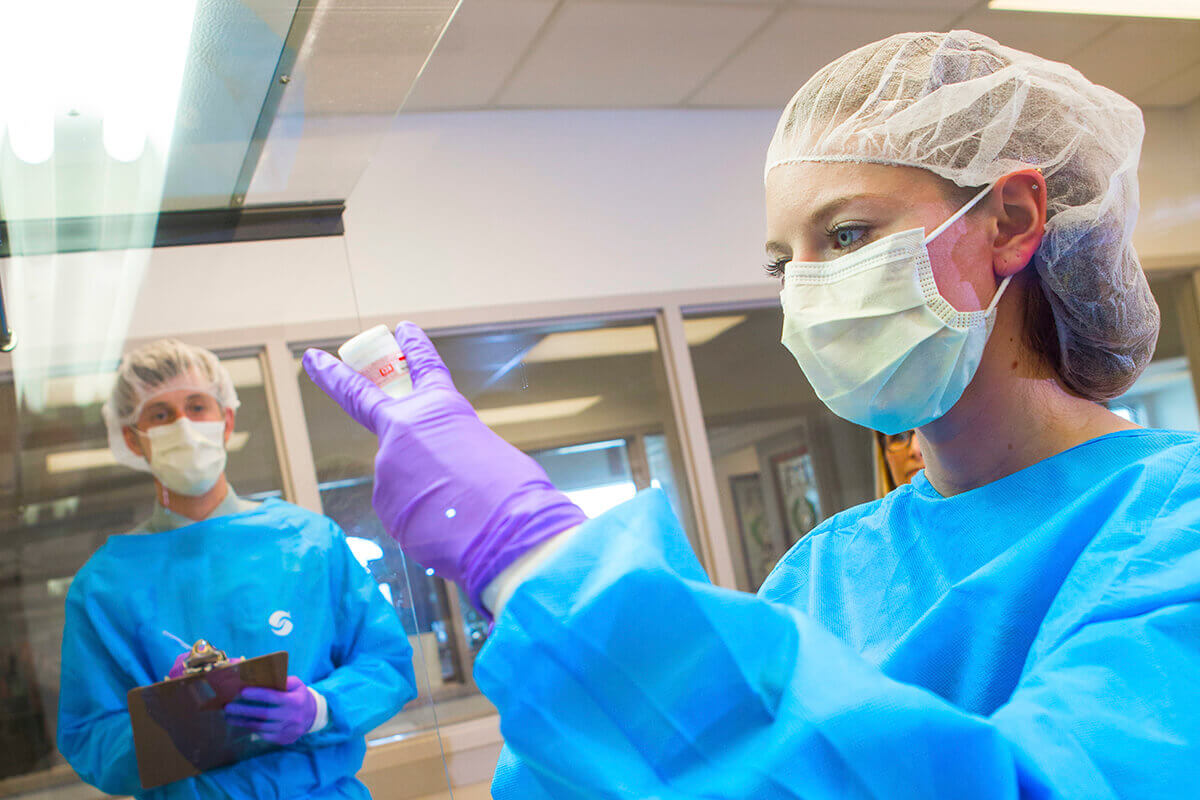
Shenandoah University is conducting its own SARS-CoV-2 surveillance testing through the use of pooled saliva samples, making it one of only a handful of universities in the country to do so.
The university has been doing surveillance testing for SARS-CoV-2, the virus that causes COVID-19, since the start of the academic year, beginning with the testing of incoming residential and commuter undergraduate students and continuing last month with select undergraduate populations.
Now, through Shenandoah University’s Bernard J. Dunn School of Pharmacy, the university is expanding its SARS-CoV-2 surveillance testing program for asymptomatic individuals through pooled saliva samples, especially in high-contact populations such as student-athletes, residential students and conservatory students.
Shenandoah takes COVID-19 surveillance testing seriously and our faculty have been creative in keeping our university community safer and thus the Winchester community safer, This is an additional mitigation strategy that we have implemented to complement the daily mitigation strategies of mask wearing, social distancing and frequently washing hands.”
Mitch Moore | Senior Vice President
Saliva is a less-expensive, non-invasive, and safer sample collection method compared to nasopharyngeal swabs. Viral loads are also higher in saliva compared to nasal swabs.
Shenandoah University performed its first round of surveillance testing using pooled saliva the week of Sept. 14. To date, Shenandoah has tested more than 800 students using this method, and more than 2,000 students total (saliva and nasopharyngeal combined).
Surveillance testing is used to monitor for the incidence and prevalence of a community- or population-level occurrence of COVID-19, such as an outbreak. This involves randomly sampling asymptomatic individuals.
For pooled saliva testing, Shenandoah community members (faculty/staff/students) are chosen randomly and are notified a week in advance to report to specific places at specific times to provide a small saliva sample. The entire process is contactless, takes fewer than five minutes to complete, and is free of charge.
An individual’s saliva is then mixed together, or pooled, with saliva samples of three to four other people at the university. Through polymerase chain reaction (PCR), faculty at the Bernard J. Dunn School of Pharmacy can detect the virus using primers designed by the Centers for Disease Control and Prevention. Testing occurs at the Health Professions Building on the Winchester Medical Center campus. Testing results can be returned in as few as six hours.
It is estimated that 40-45% of those infected with the SARS-CoV-2 virus are asymptomatic, yet most are still infectious and can spread the virus to others. We developed our PCR-based surveillance testing method to quickly and inexpensively identify these asymptomatic carriers, as well as pre-symptomatic carriers of the virus. The goals of our surveillance program are to identify these carriers, refer them for diagnostic testing, isolate them to prevent the spread of the virus, and to take care of these individuals while they convalesce. We are just trying to do our part to help keep Shenandoah University and the surrounding community safe during this pandemic.”
Robbie Kidd, Pharm.D., Ph.D. | Shenandoah professor & chair of biopharmaceutical sciences.
When a saliva pool tests positive for SARS-CoV-2, then Shenandoah pharmacy faculty test each sample in the pool individually. The individual(s) who are identified as presumptive positive for the virus are then contacted and referred to get a clinical diagnostic test.
Pooled saliva testing allows for one SARS-CoV-2 test to be administered on up to five individuals, thus increasing the number of people the university can test, while saving on the amount of reagents needed and the cost of testing. In-house pooled saliva testing costs the university about $2 per person.
Shenandoah can currently test 320 students, faculty or staff each week, and expects to increase that number significantly in the weeks ahead.
